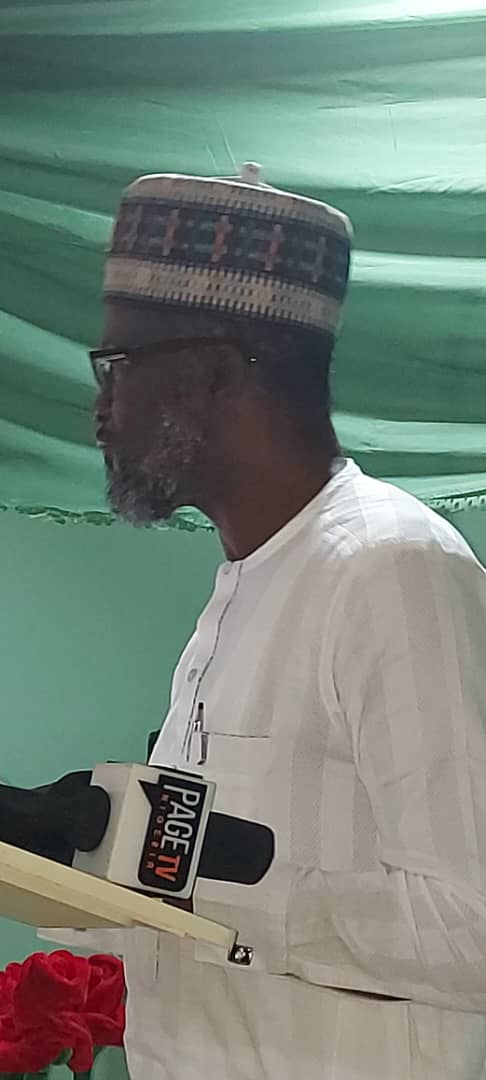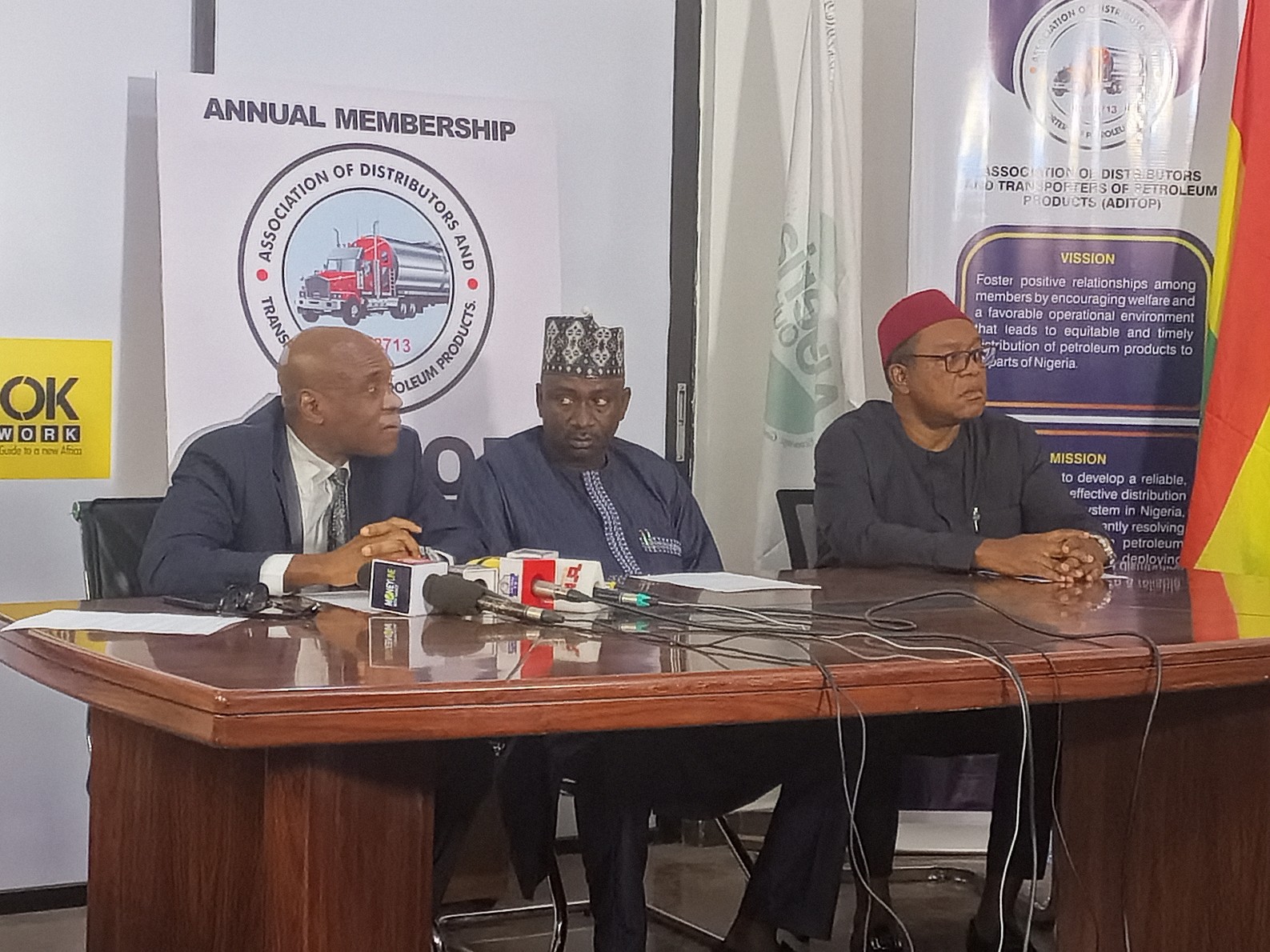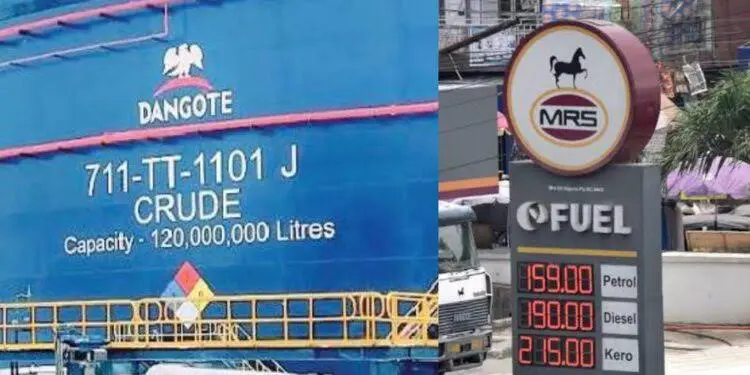*** PIA is a lifetime strategy that promises to bring renewed hope, says Komolafe
The Federal Government through the Nigerian Upstream Petroleum Regulatory Commission (NUPRC) and the Health, Safety, Environment and Community of the Nigerian Midstream and Downstream Petroleum Regulatory Authority (NMDPRA) has expressed determination to finally put an to gas flaring practices.
This it said will for the last time guarantee environmental sanity in the oil and gas value chain in the Country.

Executive Director, Health, Safety, Environment and Community of the Nigerian Midstream and Downstream Petroleum Regulatory Authority NMDPRA, Capt. John Tonlagha said ‘Regulations and Guidelines’ have been developed in accordance with the PIA which are in the final stages of of approvals.
He spoke at the official commissioning of HOSTCOM’s Abuja Liaison Office and end of year community sensitization on the PIA
Speaking to the topic; the Role of NMDPRA on Zero Gas Flare and the Utilization of Environmental Remediation Fund as Contained in the Petroleum Industry Act (PIA)’
He said the objective of the Gas Revolution which underpins the 7 Big Win is intended to transform Nigeria into an industrialized nation with gas playing a major role by spurring particular enabling policies to launch the gas industry.
“The Nigerian Gas Master Plan (NGMP) is the blueprint designed to address growth in the domestic gas market as well as supply chains to ensure availability and affordability for users, infrastructure development, long-term supply security, as well as robust legal, regulatory, and fiscal policies.
“Its actualization is expected to stimulate economic growth, further improve Nigeria’s energy mix. drive investments, and provide the much-needed jobs for our citizens in the country.
“Thus, the development of gas infrastructure like the construction of the 61 4km Ajaokuta-Kaduna-Kano (AKK) gas pipeline, as well as increasing domestic utilization of LPG and CNG, commercializing gas flares under the National Gas Flare Commercialization Program (NGFCP), developing industrial gas markets, increasing Gas to Power, the National Domestic Gas Supply and Pricing Policy, the Nigerian National Gas Policy, the Nationg| Gas Expansion Programme and the Auto-gas policy.
“The effort towards establishing Train 7 by the Nigerian Liquefied in the reduction of gas flaring in Nigeria is also a laudable achievement.
“These are all ways the FGN has sought or attempted ta articulate its desired flare down policy as well as its keenness in strengthening the gas-to-power nexus in the country under the Gas Revolution.”
NUPRC chief executive, Engr. Gbenga Komolafe, commended HOSTCOM’s drive towards ensuring that host communities are fully involved in the actualization of the gains of the Petroleum Industry Act (PIA) 2021 while enhancing peaceful and harmonious coexistence between operators and their hosts.
Speaking to the topic; ‘Host Community Development Trust Milestones Implementation Achievments: A tool for possible eradication of vandalism and Crude oil theft at the official commissioning of the HOSTCOM Liaison office/end of year Community sensitization on the Petroleum Industry Act (PIA) he said the commission has continued to prioritize those aspects regarding the integration and well-being of host communities in its operational considerations to ensure fairness and justice.
“Evidence of our commitment to this objective can be seen in the tremendous efforts made by the Commission within the first six months of its inception in generating ideas, formulating proposals, and engaging stakeholders towards formulating a navigational aid for the implementation of the Host Community Development Trust Fund (HCDT), in line with the provisions of section 235 of the PIA, 2021.
“You will recall that in the seventh month of our stewardship, (June 28, 2022 precisely) the Commission unveiled the Nigeria Upstream Host Communities Development Regulation and Procedure Guide”
He indicated that the PIA is a lifetime strategy that promises to bring renewed hope by ushering in far-reaching reforms backed by proper implementation strategies,
He spoke on the topic, Host Community Development Trust Milestones Implementation Achievments: A tool for possible eradication of Vandalism and Crude oil theft at the official commissioning of the HOSTCOM Liaison office /end of year Community sensitization on on the Petroleum Industry Act (PIA) in Abuja at the weekend
He said at the Commission they were passionate about successfully driving the implementation process.
‘Armed with the provisions of the PIA-HCDT framework, the Commission has indeed moved ahead with the implementation of the requirements of the relevant provisions to deliver on its mandate, as seen by major and critical milestones achieved within a short timeframe.
“The effect of these strategies, which are aimed at ensuring the effective implementation of the provisions, would become obvious in the coming months.” He listed Some of the Commission’s activities to include
Gazetting, and publication of the Nigeria Upstream Host Communities Development Regulation (NUHCDR, 2022), in July, 2022 after series of engagements with industry stakeholders, engaging and collaborating with relevant agencies, such as the Corporate Affairs Commission (CAC), to facilitate the incorporation of the Trusts; for example, the Department of State Security (DSS), to facilitate the verification of the character and integrity of BolT members; the National Boundary Commission (NBC), to ensure the inclusion of littoral communities to a Settlor’s area of operations based on sound science, to mention just a few.
According to him, they have been able to set up the Implementation team currently driving the digitization of the application process; the Host Community Development Team to handle the process of implementation and attendant fallouts; and the Compliance and Enforcement Team for HCD Implementation, to ensure strict compliance by all
stakeholders including Settlors, and Host Communities, among others.
He said they have also carried out
Nigerian Upstream Host Communities Development Guidelines (draft stage), application for incorporation approval templates, and the recent move from digitization to automation of the HCD implementation process




